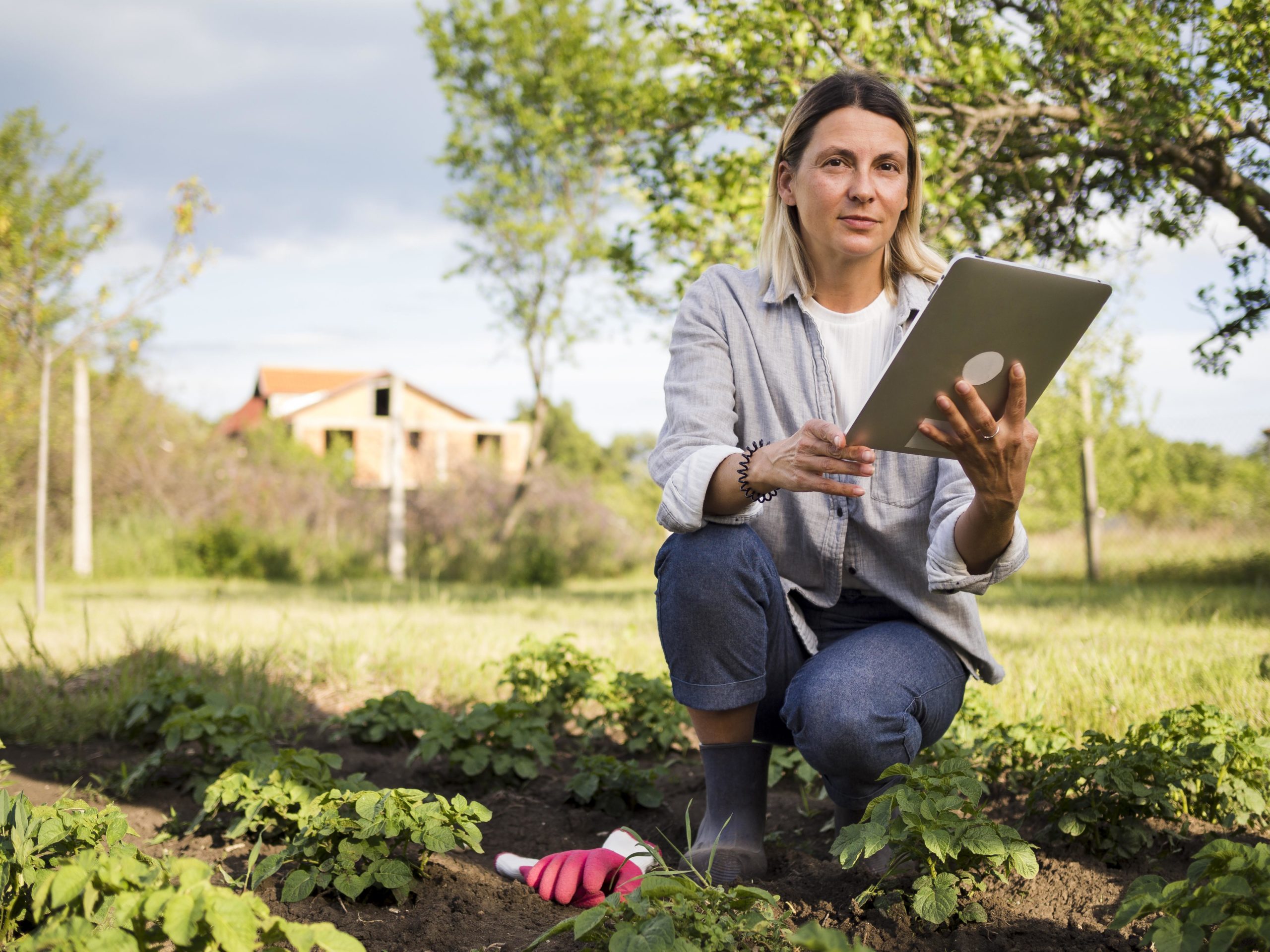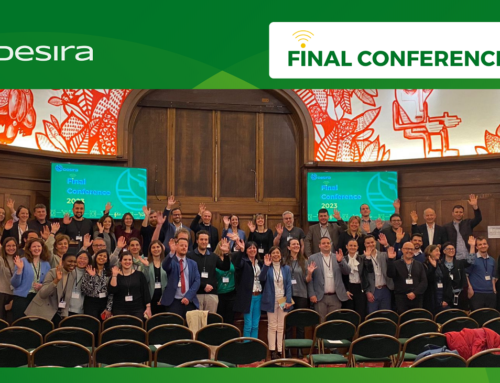Author: Maria del Mar Delgado, University of Córdoba (Spain)
Spain is making a strong commitment to digital transformation. It is one of the fundamental levers for relaunching economic growth, reducing inequalities, increasing productivity and taking advantage of the opportunities arising from new technologies. Moreover, it is considered a key strategy for halting the depopulation of empty or hollowed-out Spain. However, for this digitalisation to be an opportunity for rural areas, it must be governed and made inclusive.
According to Eurostat, in 2019, the differences in the EU-28 in access to broadband technologies persisted; 10 % of rural areas had no coverage at all and 41 % only had 30 Mbps bandwidth. The same applies to daily internet use between rural dwellers (70%) and urban dwellers (81%).
Digital technologies are reshaping routines, norms, actors and devices that shape business models, consumption and purchasing styles, service delivery, as well as learning and innovation processes. As a result, it generates not only winners but also losers and opponents who resist change.
Inclusive rural digitisation
To make the most of the benefits of digitisation and minimise its costs, it is necessary to understand the mutual influences between technology and the social competences that enable access to it. The DESIRA project, funded by the European Commission’s Horizon 2020 programme, analyses the socio-economic impacts of digitisation on agriculture, forestry and rural areas in 18 European countries.
To make rural digitisation inclusive, we propose the following guiding principles:
- Create the basic conditions for successful digitisation in rural areas. Technological infrastructure is not enough. The inhabitants of these areas must be endowed with digital skills, and the digital transformation must bring economic benefits for them.
- Link digitalisation to sustainable development. Processes and strategies must be aligned with the Sustainable Development Goals. Digitalisation should enhance the territorial capital of rural areas. Digital solutions should respond to the needs and expectations of rural communities and businesses while addressing the challenges of European society.
- Adapt digitisation to different contexts by involving local stakeholders. The process has implications at different levels and should therefore be considered from a multi-level and multi-stakeholder perspective. For example, robotisation can save agriculture from declining in areas where there is a lack of generational replacement and labour shortages. In other contexts, it can lead to farm concentration and unemployment. Each rural area has different problems. Their human capital and digital skills may respond differently to incentives for digitisation.
- Favour digital inclusion of all citizens, and avoid marginalisation and polarisation. Even with a level playing field, digitalisation can lead to uneven development. Early adopters may have competitive advantages over late adopters. To ensure equal access to opportunities, active e-inclusion policies should be put in place, listening to and involving all rural social and economic groups, especially the most vulnerable and disadvantaged.
- Develop local digital ecosystems that link local needs with digital knowledge. The contribution of digitalisation to rural development involves integrating actors, infrastructures, digital applications, data and services. The development of enabling digitalisation ecosystems needs connectors, or intermediaries, i.e. people and organisations that foster the digital transition at the local level, selecting the best technologies and promoting data sharing and interoperability.
- Develop adapted and adaptable governance models. There is a clear need to change the current governance models of digitisation and develop ones that address the specificities of the rural world in a coherent and consistent way. These models need to move from being reactive to proactive, involve multiple actors by integrating science and innovation representatives with policy makers, civil society and citizens, and generate shared processes that balance power games.
There is also a need for in-depth local knowledge of stakeholders and their role in local society, of business opportunities and threats, and of how to adapt communication to design and implement sustainable digital development opportunities adapted to rural realities.
- Design policy instruments for sustainable digitisation that support local communities in developing and implementing digitisation action plans. Sustainable digitisation implies an ambitious social transformation agenda, understanding how digital technologies can trigger the reconfiguration of social and economic relations. A new generation of policies for rural areas needs to be revised and designed in light of the opportunities and threats that digitalisation brings to rural areas.
Digitalisation has a profound impact on our lives, but it cannot be understood as an end in itself. The governance of digitalisation must be an inclusive process that contributes to the sustainable development of the rural world.
The original article was published by The Conversation.






